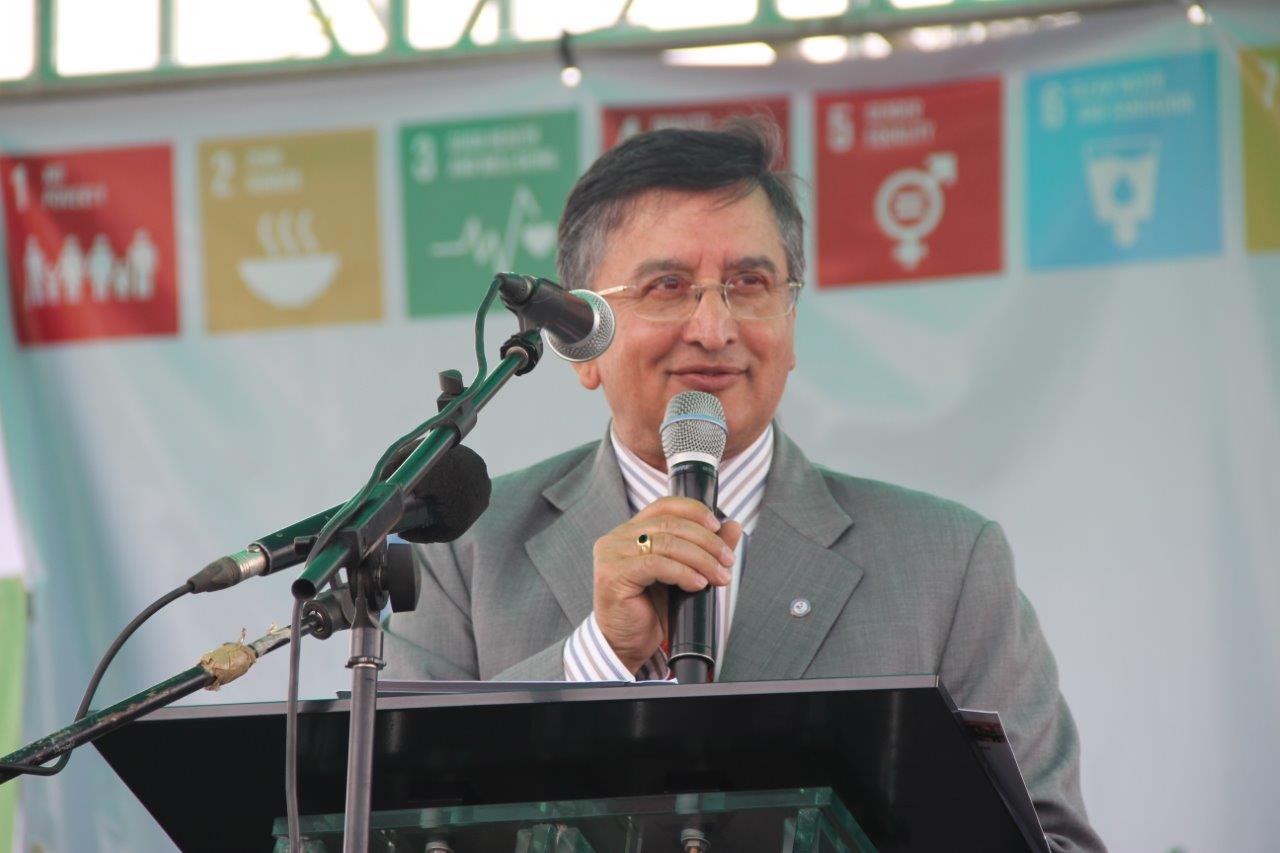By Byron Mutingwende
The government has been urged to implement various human rights treaty obligations it has ratified in order to promote peace and democracy.
This emerged at a capacity building workshop held in Harare on Monday 31 July 2017 where government representatives reinforced Zimbabwe’s commitment to implement, monitor and report on the country’s human rights treaty obligations.
The one-day sensitisation workshop on the United Nations Human Rights System and the obligations of Zimbabwe, followed by a three-day training on treaty body reporting was organised by the Office of the United Nations High Commissioner for Human Rights (OHCHR) in collaboration with the United Nations Country Team (UNCT) in Zimbabwe and the Ministry of Justice, Legal and Parliamentary Affairs.
The workshop followed a request from the Government of Zimbabwe, and it brought together senior Government policy makers and members of the Zimbabwe Inter-Ministerial Committee (IMC) on Human Rights and Humanitarian Law from across ministries. The participants were provided with an overview of the nine core international human rights treaties, of which Zimbabwe has ratified six: International Convention on the Elimination of All Forms of Racial Discrimination (ICERD); International Covenant on Civil and Political Rights (ICCPR); International Covenant on Economic, Social and Cultural Rights (ICESCR); Convention on the Elimination of All Forms of Discrimination against Women (CEDAW); Convention on the Rights of the Child (CRC); and, Convention on the Rights of Persons with Disabilities (CPRD).
“Through the Zimbabwe United Nations Development Assistance Framework (ZUNDAF) 2016 – 2020, the UNCT is jointly supporting the Government to implement, monitor and report on its human rights treaty obligations in a consultative and participatory manner. Good progress has been made, and we are hopeful that these efforts will translate human rights from the clauses of the various conventions into lived realities for the people of Zimbabwe,” said Bishow Parajuli, UN Resident Coordinator.
Appreciating the technical support received from OHCHR and UNCT Zimbabwe, Virginia Mabiza, Permanent Secretary, Ministry of Justice, Legal and Parliamentary Affairs noted: “Treaty Body reporting provides an opportunity, not only to take stock of the implementation of human rights obligations, but more importantly to identify existing gaps in promotion and protection of human rights in Zimbabwe.”
The workshop follows Zimbabwe’s second cycle of Universal Periodic Review under the auspices of the Human Rights Council in November 2016, where Zimbabwe accepted cross-sectoral 151 recommendations and partially accepted additional 6 recommendations to take forward to improve the human rights situation in Zimbabwe and fulfil its human rights obligations.
“I would like to commend the vital role that Government ministries and in particular the Zimbabwe Inter-Ministerial Committee (IMC) on Human Rights and Humanitarian Law have been playing to promote human rights mechanisms and special procedures such as the Universal Periodic Review. OHCHR is committed to enhancing the Government’s unique capacity to facilitate greater participation in the human rights system,” said Katherine Liao, Officer-in-Charge, OHCHR Regional Office for Southern Africa.
